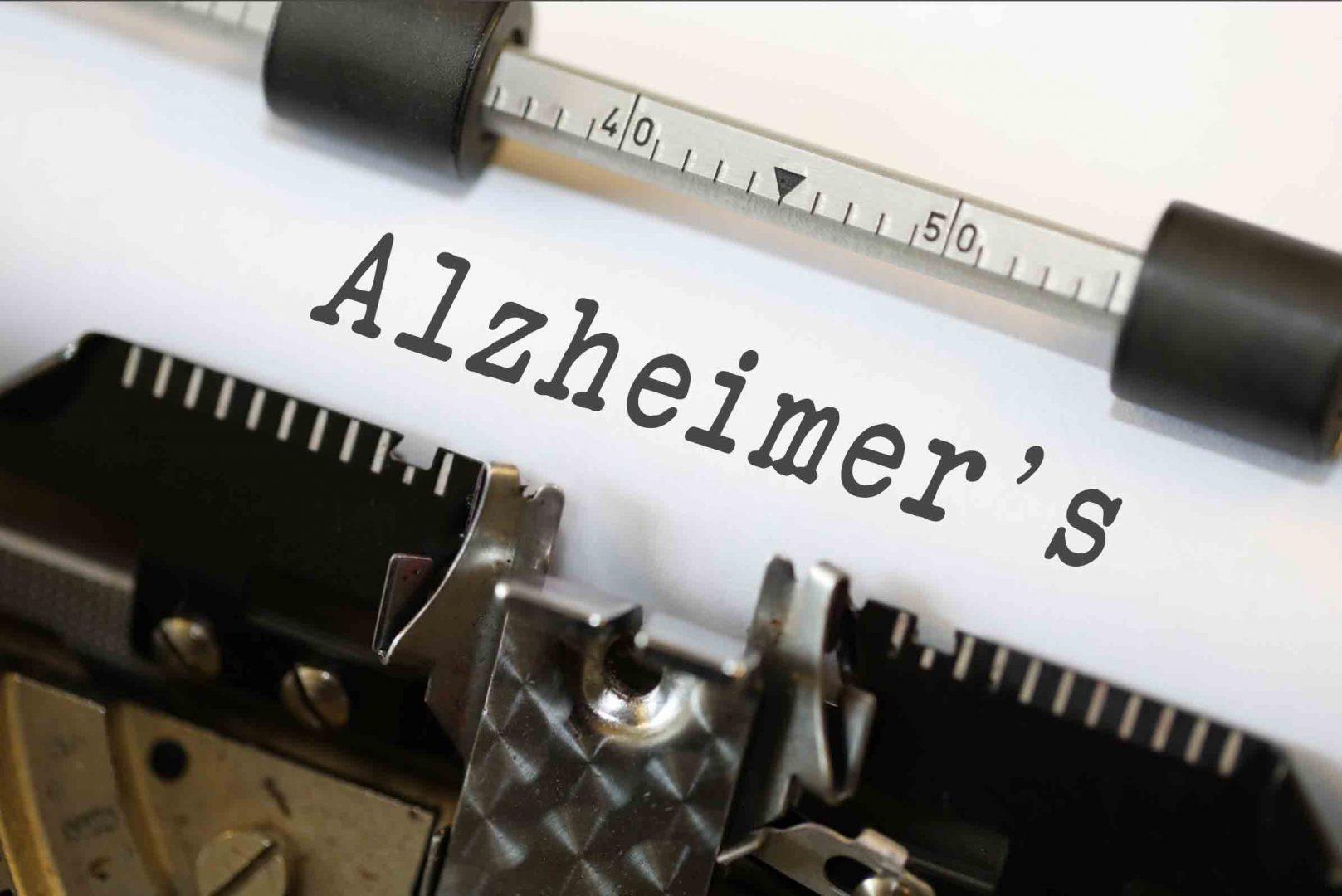This past summer I was just about to enter my senior year of college. For the whole summer, my grandmother (who is 79) was beginning to show some signs of mental decline. At first it was just minor things, like telling the same stories over and over, or forgetting her car keys, so we didn’t think too much of it.
Then, in September, I moved into my dorm. Within two weeks my grandma was spiralling. Quickly. She was getting in physical fights with my dad, claiming he was an intruder every time he came over to help her with her bedtime routine. I was going back and forth from school to home so often that eventually I couldn’t handle the workload anymore or keep with my classes. I dropped out and moved back home.
My parents have tried to get her to agree to living in an assisted living home, but she refuses. For now, she’s staying at my parents’ house, and she’s disrupting our daily routine in such a way that none of us are functioning or sleeping. I’m at the end of my rope and don’t know what to do. I love my grandma, but she’s unrecognizable now, a shell of her old self. It would be best for her to be under the care of professionals, right?
Neurodegenerative disorders are some of the worst diseases to experience, either from the outside or the inside. This constellation of illnesses cause rapid mental degeneration over time. If you’re unaware of the exact name of your grandmother’s condition, you may find it worth your while to read about dementia vs Alzheimer’s, as the terms reference two different things.
If your grandmother’s diagnosis if Alzheimer’s, dementia (decreased mental functioning) is merely one of the symptoms, one which is found in a variety of neurodegenerative diseases. The other symptom you can expect to find is ataxia, or the difficulty with motor control observable in many late-stage Alzheimer’s patients.
Neurons are the fundamental structure of the human brain that keeps it functioning properly, and in a college-aged adult, are regularly undergoing a complex, elaborate, and beautiful process known as neural branching that continues through adulthood. The elderly are vulnerable to neurodegenerative disorders like Alzheimer’s due to the gradual decrease in neurons over the course of their lifetimes.
While it is undeniably painful for you and your family to watch your grandmother’s memory fade away, she likely already requires professional, 24/7 care. Once neurons die, they cannot regenerate, especially in the senior brain; as such, her situation is unlikely to improve. However, there are a few ways you can ensure that your grandmother’s final months or years are lived out in considerable comfort.
In recent years scientists have made strides in the early treatment and diagnosis of Alzheimer’s, enabling families to “catch it in time” and work to combat their loved one’s degeneration. While there is no cure, there are a few treatments commonly prescribed by hospice staff and primary care physicians.
Medications for Memory
The Food and Drug Administration (FDA) has approved numerous prescription drugs that help with the cognitive symptoms of Alzheimer’s, including memory loss and confusion. These drugs do not work by rebuilding neurons but by mitigating the damage. They do this by inhibiting the breakdown of acytelcholine, a neurotransmitter involved in learning and memory.
Physical Activity
One New York City chiropractor is changing the game by providing high-quality chiropractic services to a wide range of clientele, including patients suffering from Alzheimer’s. Chiropractors focus their attention on the spinal cord, which is a part of the central nervous system and is directly involved in brain function.
Medications for Mood Changes
Many Alzheimer’s patients show sudden, surprising symptoms of depression, anxiety, and even aggression. If your grandmother begins more withdrawn, isolated, or fearful, it is likely to be troubling. Similarly, if she becomes argumentative or hostile towards you or your parents, you may wish to speak with her physician about anti-anxiety medication options.




